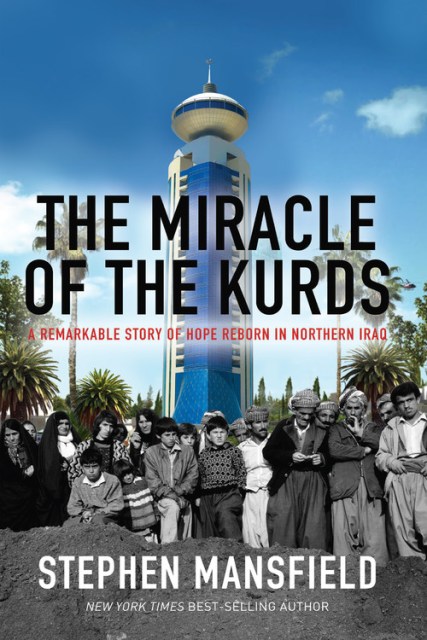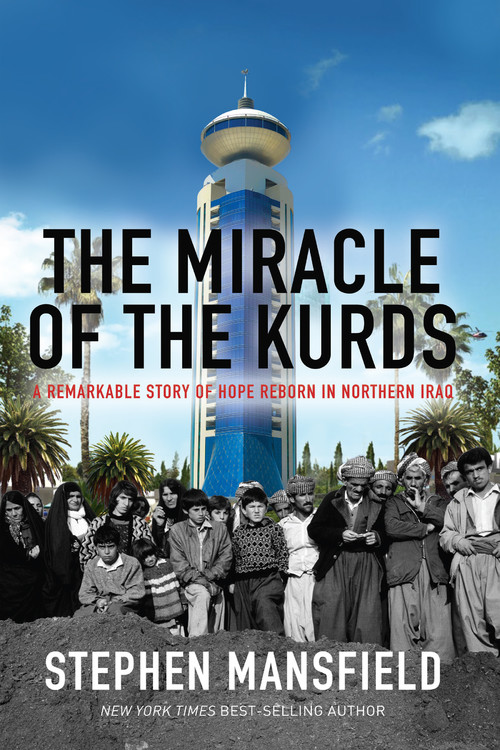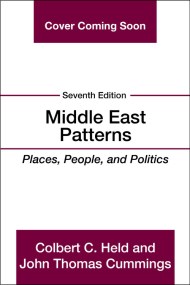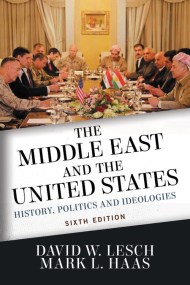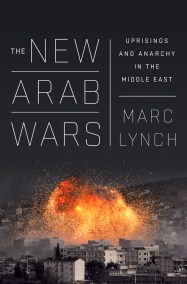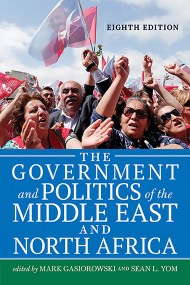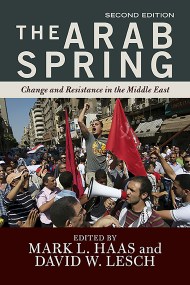Promotion
Use code MOM24 for 20% off site wide + free shipping over $45
The Miracle of the Kurds
A Remarkable Story of Hope Reborn in Northern Iraq
Contributors
Formats and Prices
Price
$36.00Price
$46.00 CADFormat
Format:
- Hardcover $36.00 $46.00 CAD
- ebook (Digital original) $22.99 $27.99 CAD
This item is a preorder. Your payment method will be charged immediately, and the product is expected to ship on or around October 14, 2014. This date is subject to change due to shipping delays beyond our control.
Also available from:
They are the largest people group in the world without a homeland of their own. Despised and persecuted the world over, they even call themselves “the people without a friend.” Saddam Hussein tried to wipe them from the face of the earth, killing several hundred thousand of them in the attempt. Their sufferings have become legend.
They are the Kurds, descendants of the ancient Medes best known today from the pages of the Bible — inhabitants of what the world now calls Northern Iraq.
Yet today the Kurds are rebuilding so brilliantly from war and oppression that even their enemies call it “a miracle.” Six star hotels stand where bombs once fell, shopping malls and gleaming schools rise where massacres once occurred. National Geographic and Conde Nast have listed modern “Kurdistan” as a “must-see” tourist destination.
Genre:
- On Sale
- Oct 14, 2014
- Page Count
- 272 pages
- Publisher
- Worthy Books
- ISBN-13
- 9781617950797
Newsletter Signup
By clicking ‘Sign Up,’ I acknowledge that I have read and agree to Hachette Book Group’s Privacy Policy and Terms of Use
